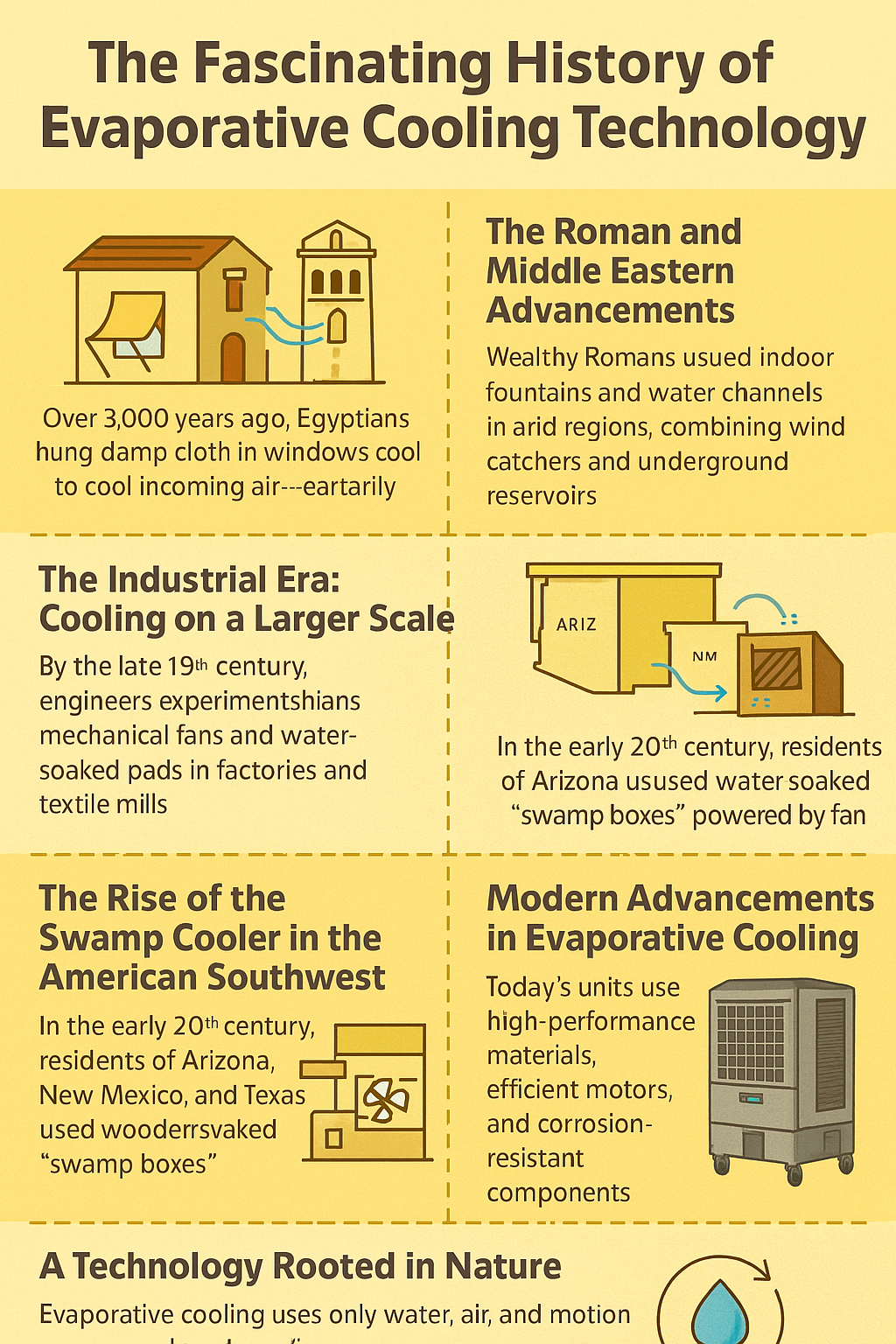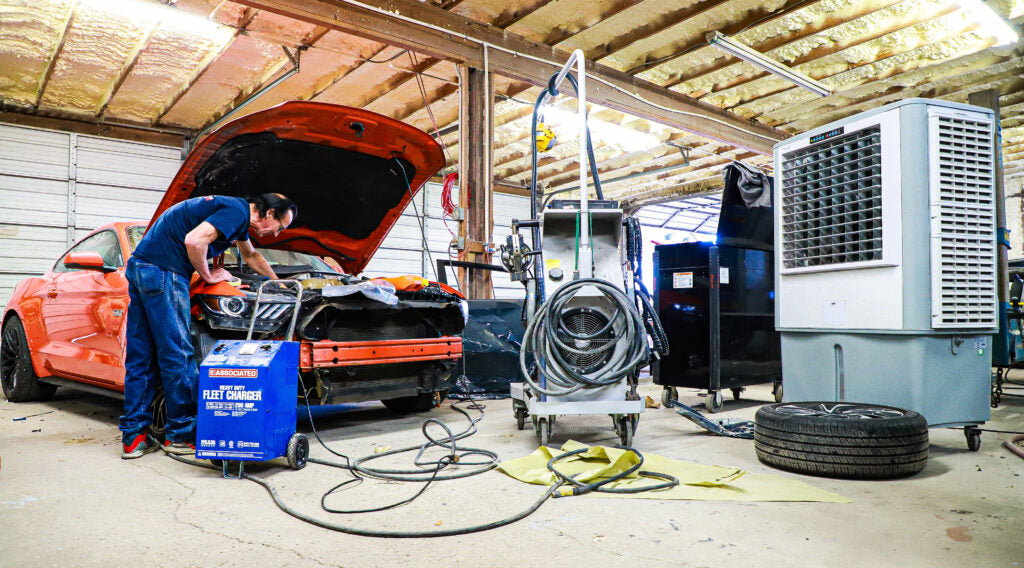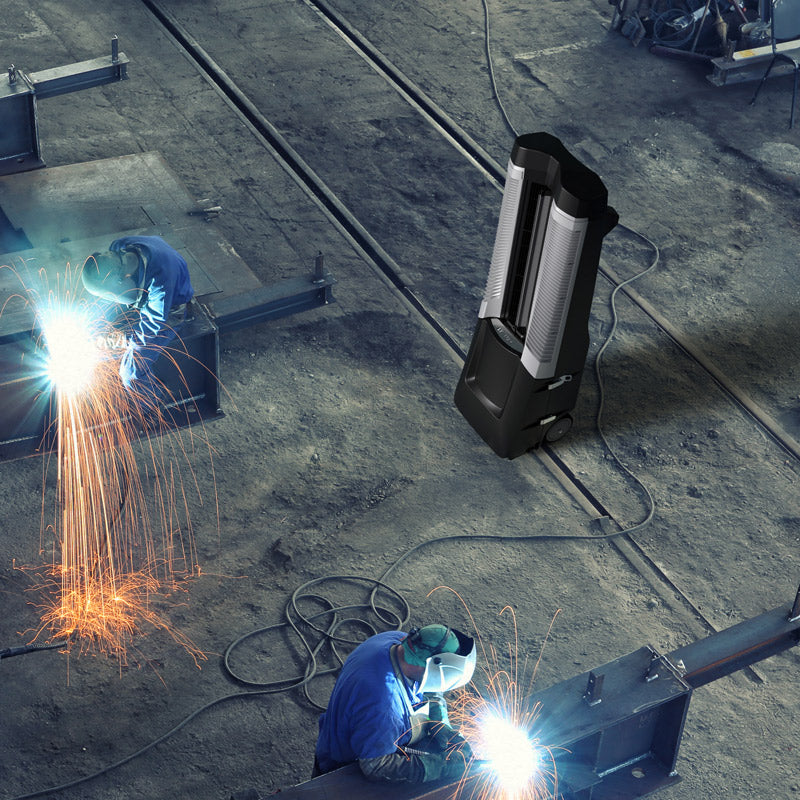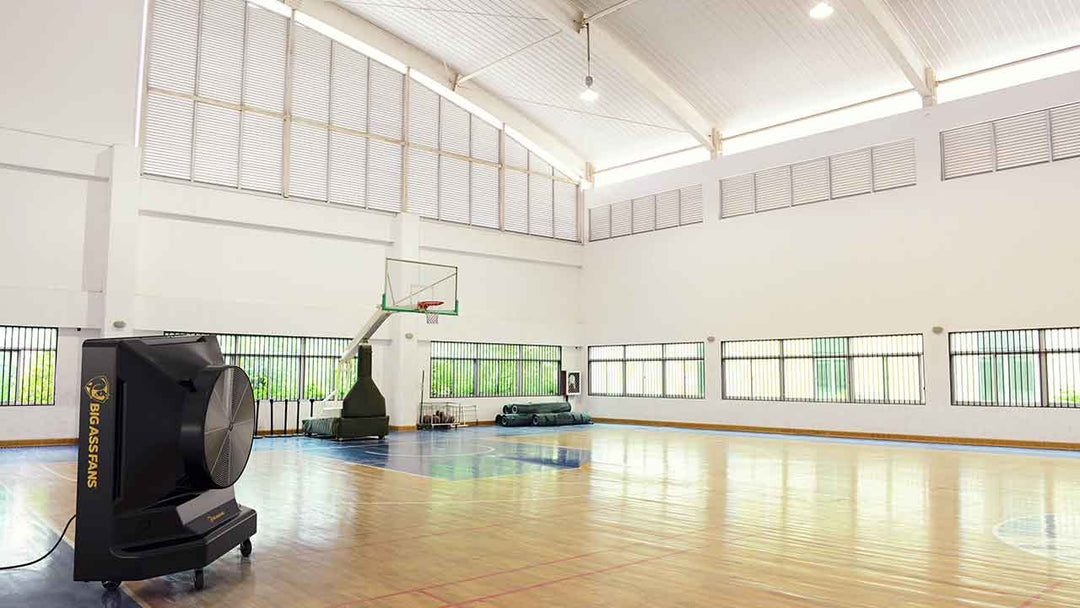Difference Between Air Conditioners and Evaporative Coolers

When it comes to cooling your home, office, or work area, you have several options, thanks to modern air conditioning and climate control technology. One of the most common questions we hear is, "What’s the difference between air conditioners and evaporative coolers?" While both types of units help create a cooler environment, the way they work and their effectiveness in different conditions vary. Let’s explore these differences and highlight the key advantages of each system.
Key Takeaways on Evaporative Coolers
Evaporative coolers, or swamp coolers, are highly effective in cooling large spaces, especially in dry, hot climates. Here are some important points to know about evaporative cooling:
- Cost-Effective Operation: Evaporative coolers are energy-efficient, making them a budget-friendly cooling solution.
- Best for Dry Climates: They work exceptionally well in hot, dry environments, adding moisture to the air for a more comfortable atmosphere.
- Fresh Air Circulation: These coolers bring in fresh air from outside, ensuring clean air circulates throughout your space.
- Affordable Installation: Installing an evaporative cooler is typically less expensive than setting up a traditional air conditioning system.
- Low Maintenance: They require minimal maintenance, keeping long-term costs low.
- Environmentally Friendly: Evaporative coolers have low emissions and are a greener option compared to traditional air conditioners.
- Quiet Operation: These units operate quietly, contributing to a more peaceful environment.
Overall, evaporative coolers offer an economical and eco-friendly way to cool your space, especially in arid climates.
Key Takeaways on Air Conditioners
Air conditioners (AC units) are often the go-to for cooling homes, offices, and other enclosed spaces. Here are some key points to consider about air conditioners:
- Higher Operating Costs: AC units tend to use more energy, leading to higher operating costs compared to evaporative coolers.
- Effective in Any Climate: Air conditioners perform well in both dry and humid climates, making them a versatile option for various environments.
- Recirculated Air: Air conditioners cool by recirculating the air within a space, which can sometimes make the air feel stale.
- Higher Installation Costs: Installing an air conditioner is usually more expensive than setting up an evaporative cooler.
- Regular Maintenance Required: AC units require more frequent maintenance, especially since many are installed outdoors.
- Removes Moisture from Air: Air conditioners dehumidify the air, making them ideal for areas where excess humidity is a concern.
- More Noise: AC units can generate more noise while running, which may be a consideration in some spaces.
Air Quality: Evaporative Coolers vs. Air Conditioners
One significant difference between these cooling systems is how they manage air quality. Evaporative coolers work by bringing in fresh outside air, continuously circulating it throughout your space. This keeps the air fresh and prevents it from becoming stagnant. On the other hand, air conditioners cool the air within an enclosed space, recirculating the same air over and over, which can make it feel less fresh over time.
Another key distinction is that evaporative coolers work effectively with open windows and doors, while air conditioners require a sealed environment to operate efficiently.
Operational Costs
Evaporative coolers are known for their energy efficiency, making them a cost-effective option for cooling, especially in dry climates. They also tend to be cheaper to install and maintain. Many evaporative coolers are portable, allowing you to move them from room to room as needed, and with minimal seasonal maintenance, they can last for many years.
Air conditioners, while generally more expensive to install and operate, can cool larger spaces more effectively. However, they require more maintenance, particularly if the unit is installed outdoors and exposed to the elements.
Moisture Levels
Evaporative coolers add moisture to the air, which can be beneficial in dry climates and for individuals who suffer from dry skin or eyes. In contrast, air conditioners remove moisture from the air, which is ideal in humid environments where lowering humidity levels is a priority.
Environmental Considerations
When it comes to environmental impact, evaporative coolers are the more eco-friendly choice, with lower energy consumption and emissions. They also generate less noise pollution than traditional air conditioners, which may be an important factor in some settings.
Choosing the Right Cooling System
Ultimately, the right cooling system for you depends on your specific needs. If you live in a hot, dry climate and are looking for an energy-efficient way to cool smaller areas, an evaporative cooler is a great choice. If you need to cool a larger area in a humid or mixed climate, an air conditioner may be more effective.
For more information and to find the right evaporative cooler for your space, visit SwampCoolers.com. We carry a wide selection of high-quality evaporative coolers from leading brands to meet all your cooling needs.







